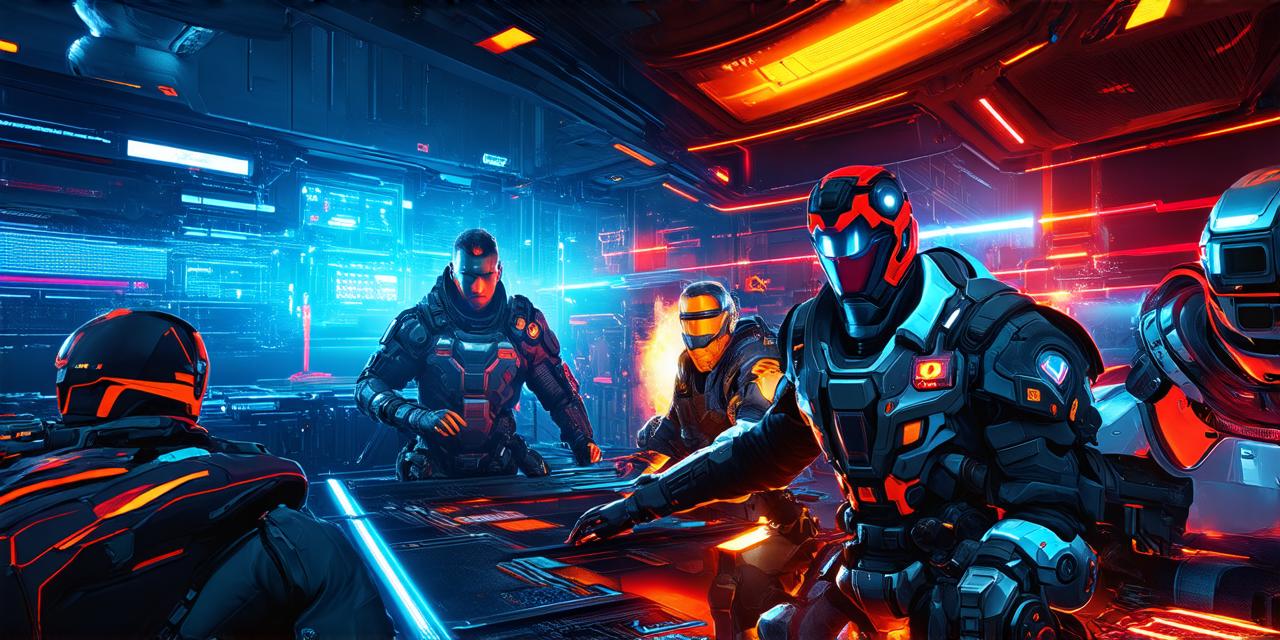Modding has become an integral part of game development in recent years. It allows developers to enhance the functionality of their games and create new experiences for players. However, modding can also be a complex process that requires careful planning and execution to optimize workflow and increase productivity.
1. Choose the right mods for your project
The first step in using mods is to choose the right ones for your project. There are many different types of mods available, each with its own unique features and capabilities. Some popular mods include physics engines, AI tools, animation tools, and more. When choosing a mod, it’s important to consider its compatibility with your game engine and your project requirements. You should also check the documentation and reviews of the mod before installing it to ensure it meets your needs.
2. Use version control
Version control is an essential tool for any game development project. It allows you to keep track of changes to your code, assets, and other files over time. There are many different version control systems available, including Git and SVN. When using mods, it’s important to make sure that the mod you’re using is compatible with your version control system. This will help you stay organized and make it easier to troubleshoot issues.
3. Document your work
Documenting your work is an essential part of any game development project. It allows you to keep track of changes and understand how your code and assets are related. When working with mods, it’s important to document the mods you’re using and how they’re integrated into your project. This will help you stay organized and make it easier to troubleshoot issues.
4. Use a mod manager
A mod manager is a tool that allows you to manage your mods in one place. Mod managers can be used to install, update, and remove mods, as well as to configure settings and options for each mod. There are many different mod managers available, including Nexus Mod Manager and Steam Workshop. When using mods, it’s important to choose a mod manager that is compatible with your game engine and mods.

5. Test your mods thoroughly
Before releasing your game, it’s important to test your mods thoroughly to ensure they work as expected. This includes testing for compatibility with other mods, testing for bugs and glitches, and testing for performance issues. You should also test your mods on different platforms and devices to ensure they work consistently.
6. Optimize your workflow
Optimizing your workflow is an essential part of using mods effectively. This involves setting up your development environment to make the most out of mods, including configuring your game engine, integrating mods into your project, and testing mods regularly. It’s also important to keep your mods up-to-date and use the latest version of your game engine to ensure compatibility.
7. Collaborate with other developers
<p



